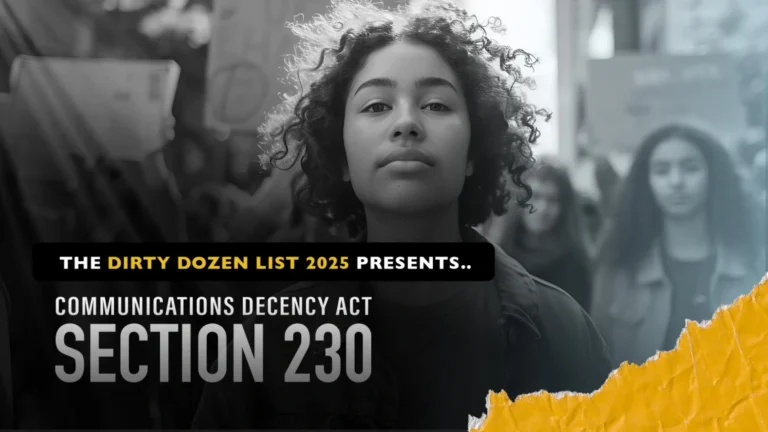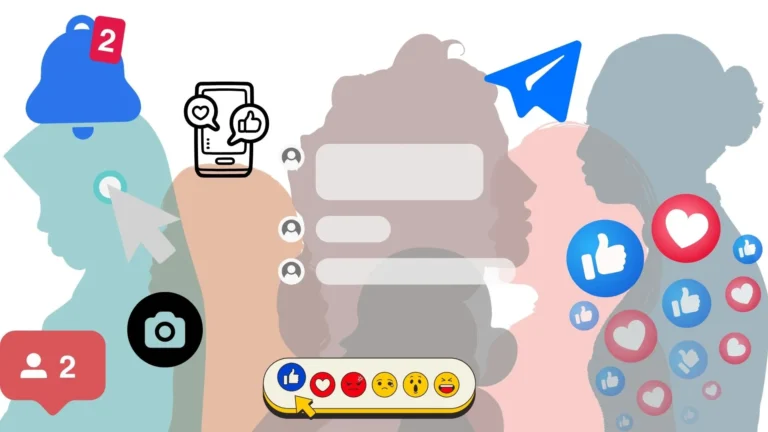The number of self-improvement blogs and articles always skyrocket around New Years Eve. In fact, they can become pretty overwhelming.
So what resolution should you focus on for 2017? If you’re looking to improve your health, your relationships, and culture at large all at the same time…We’ve got the goal for you.
Turning off sexually explicit media might seem passive at first. But this resolution has the potential to create expansive, active, improvements in your life and the lives around you.
Why turn off pornography?
1. Improve your health
Pornography is a public health hazard.
Like smoking or using tobacco, not everyone who uses pornography has the same reaction. However, for many, repeated or habitual pornography use is linked to serious personal harms.
The brain and the body of individual porn users seem to face the biggest health threats.
One 2014 study found that increased pornography use is linked to decreased brain matter in the areas of motivation and decision-making, impaired impulse control, and desensitization to sexual reward.
In laymen’s terms: pornography literally shrinks your brain. In all the wrong places.
In addition to neurological changes, young men are experiencing increased rates of porn induced erectile dysfunction (PIED). In the early 2000s, the PIED rate among European men was approximately 13%. In 2011 young Europeans (18-40) had ED rates of 14-28%. This dramatic increase in ED rates among young men coincides with the sharp increase in the availability and pervasiveness of Internet pornography.
It doesn’t take a physician to recognize that these side effects are harmful. These reasons alone are worth getting rid of pornography in 2017.
2. Improve your relationships
Lots of people argue that pornography helps “spice things up.” But turns out, pornography has more in common with hemlock than it does with hot chili powder.
Research has demonstrated that the more pornography a man watches, the more likely he is to deliberately conjure images of pornography during sex to maintain arousal, and to experienced decreased enjoyment intimate behaviors with a partner.
In laymen’s terms: pornography kills your sex life. It also damages emotional intimacy.
Earlier this year, Drs. John and Julie Gottman, the founders of the Gottman Institute wrote an open letter on pornography recognizing how it harms relationships:
“First, intimacy for couples is a source of connection and communication between two people. But when one person becomes accustomed to [using] to porn, they are actually turning away from intimate interaction. Second, when watching pornography the user is in total control of the sexual experience, in contrast to normal sex in which people are sharing control with the partner. Third, the porn user may expect that their partner will always be immediately ready for intercourse. . . This is unrealistic as well. Worse still, many porn sites include violence toward women, the antithesis of intimate connection.”
Whether it comes to actual sexual encounters—or basic building blocks of intimacy, sharing, and mutual connection—it is clear that pornography has a negative influence on relationships.
Removing this influence, and instead focusing on building sustainable and fulfilling connections, will certainly improve the quality of existing or future relationships.
3. Improve society
Society is determined by hundreds of millions of choices.
Little every day habits add up to create cultural trends. In a free market economy, consumer choices act as “votes” for the kind of material they want available, and the kind of culture they want to perpetuate.
What kind of world does watching pornography “vote” for? One that encourages violence against women.
Analysis of the 50 most popular pornographic videos (those bought and rented most often) found that 88% of scenes contained physical violence, and 49% contained verbal aggression. Eighty-seven percent of aggressive acts were perpetrated against women, and 95% of their responses were either neutral or expressions of pleasure.
In laymen’s terms: pornography teaches that women enjoy sexual violence.
Not only is this a harmful message (underlined by the brain thanks to the rush of chemicals following sexual release) for the individual user, but it is also a harmful message on a societal level.
While one person may watch these videos and move on to never harm a fly, another person may escalate to a point of taking those thoughts and turning them into actions. Research confirms that pornography was significantly associated with increases in verbal and physical aggression, among males and females alike.
Even if you never abuse or mistreat someone, watching pornography perpetuates and supports an industry that not only thrives on depicting violence against women, but that can also actively encourage it.
Turning off pornography is more than a resolution of personal abstinence. It is a choice to improve your life, the lives of loved ones, and the culture at large.
As far as New Years resolutions go, that isn’t too shabby.



